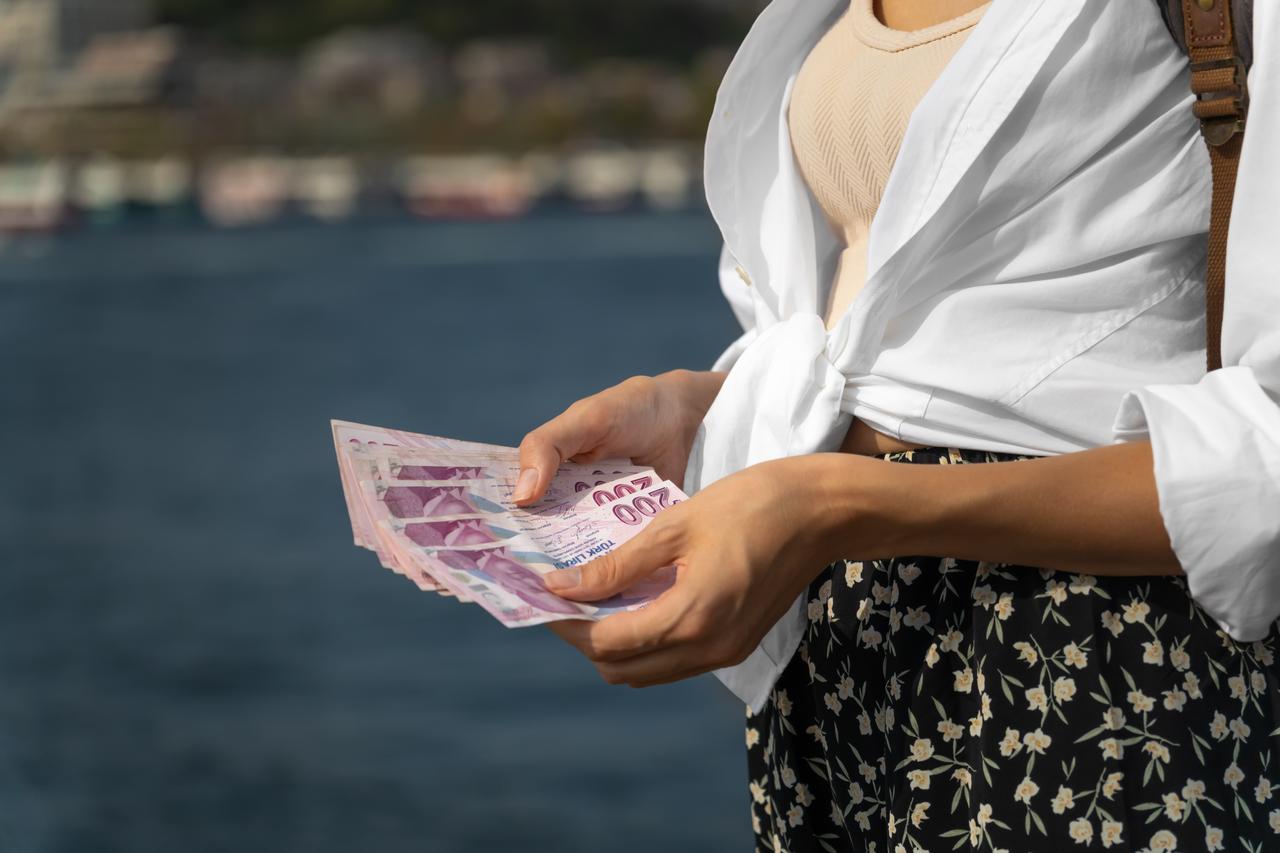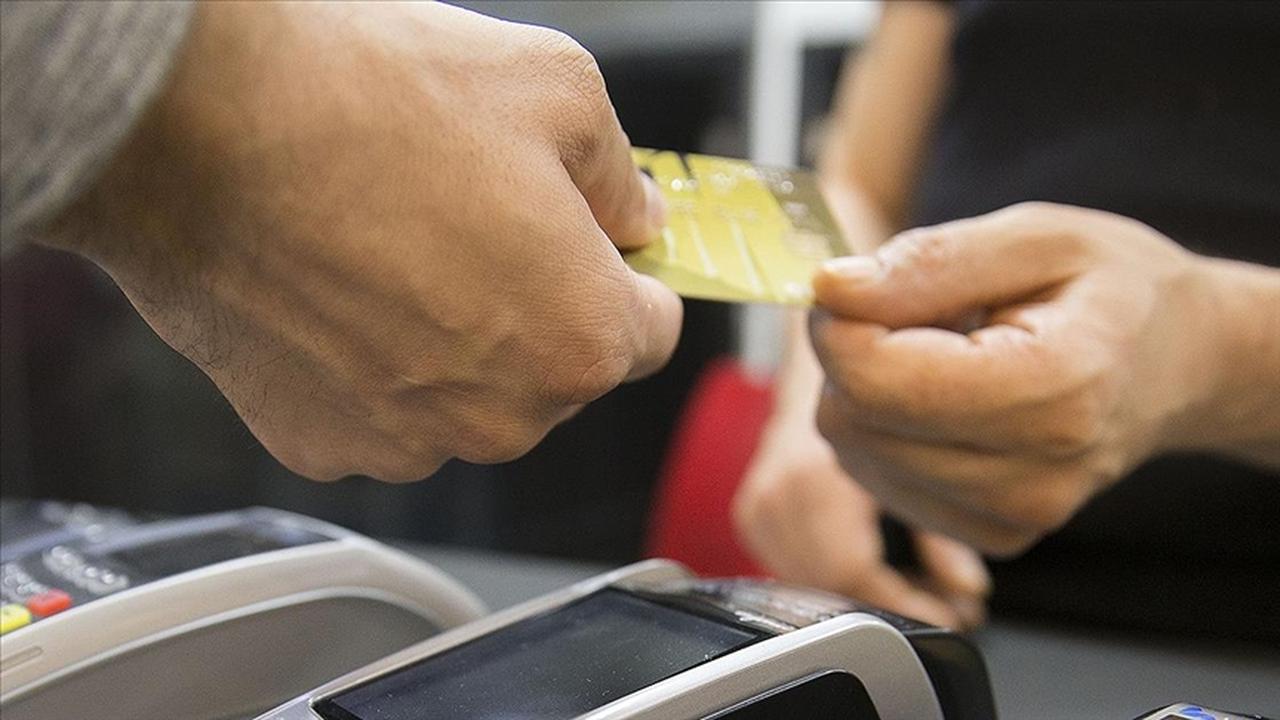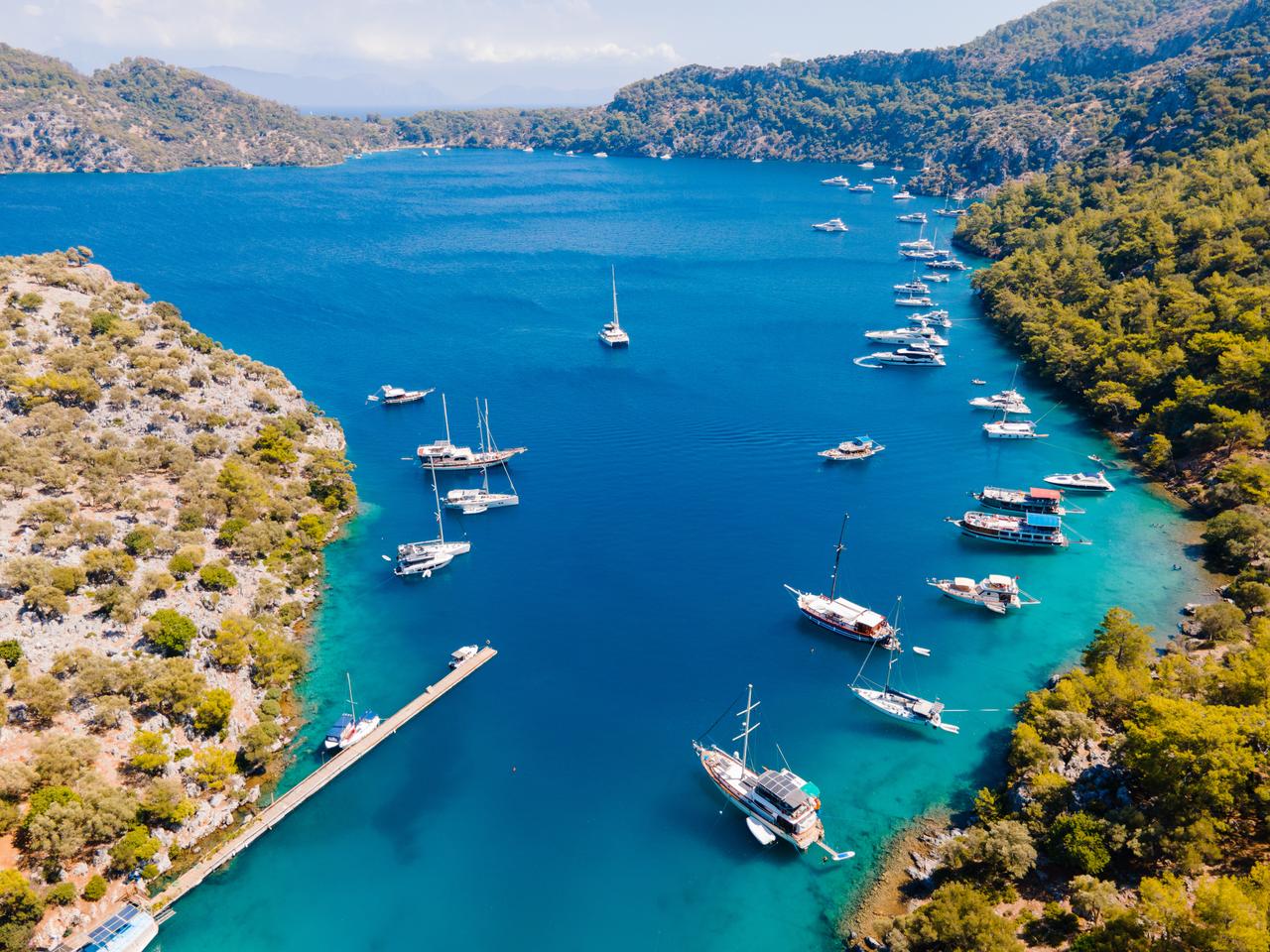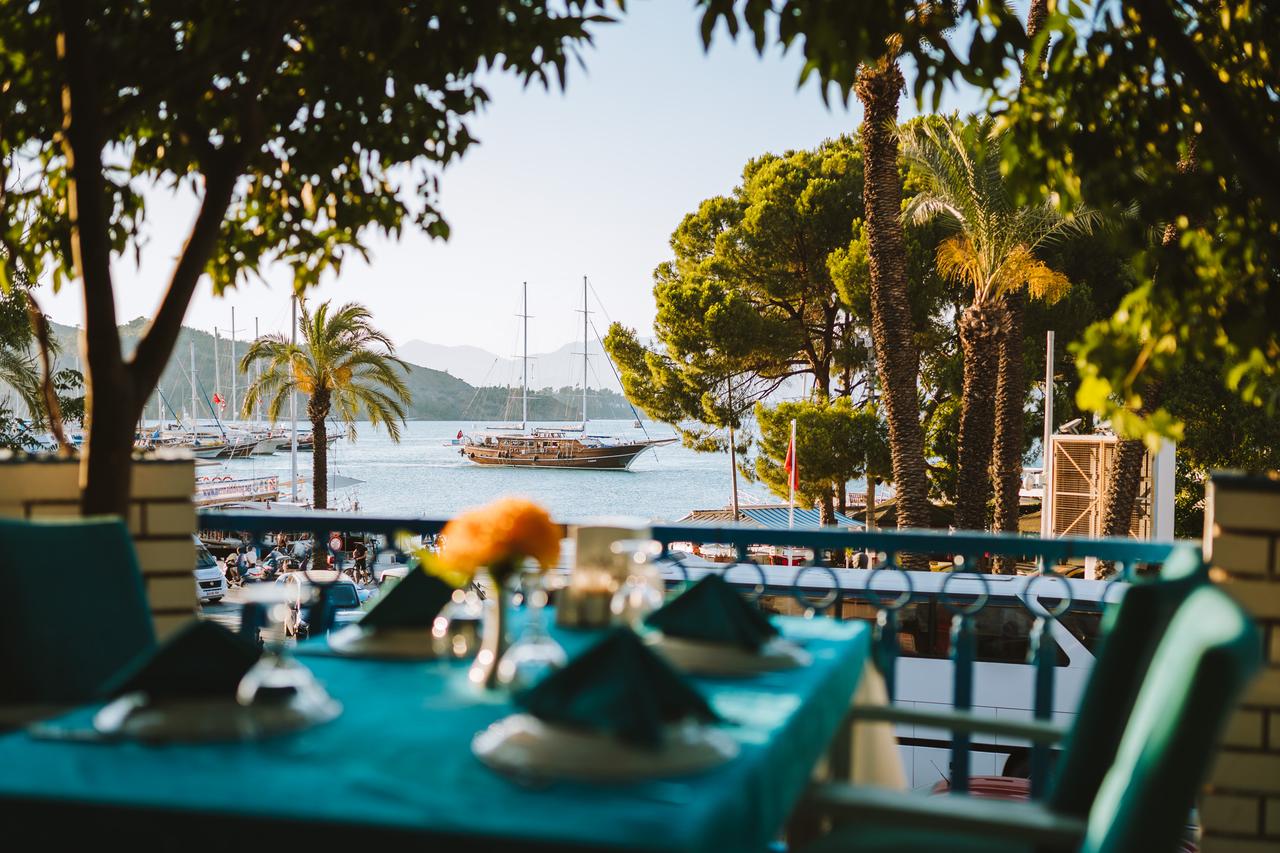
During the busiest period for Türkiye’s tourism industry, many coastal businesses in the southwestern provinces have stopped accepting credit card payments, requiring visitors to pay exclusively in cash to avoid taxes and maximize profit, Turkish media reported.
From boat tours and ice cream vendors to parking services and rafting companies, cash-only transactions are becoming increasingly common, particularly along the Aegean and Mediterranean coasts.
Industry sources indicate that one of the main reasons behind the shift is tax evasion. In Türkiye, overnight accommodation services provided by hotels, motels, guesthouses, holiday villages, and similar establishments are subject to a 10% value-added tax (VAT). Food and beverage services are also taxed at the same 10% rate. By insisting on cash payments and avoiding issuing receipts, some businesses seek to reduce their tax liabilities.
In addition to VAT, businesses are liable for income tax (for sole proprietorship) or corporate tax (for companies), both calculated on declared profits. By taking cash payments without issuing receipts, some operators aim to underreport earnings, thereby reducing both their VAT and income or corporate tax obligations.
Previously, many operators also accepted payments through direct bank transfers using International Bank Account Numbers (IBAN). However, as the Treasury and Finance Ministry have stepped up monitoring of IBAN transactions to detect tax evasion, businesses in some tourist areas have shifted almost entirely to cash payments to avoid financial traceability.

Boat tours, particularly in the Mediterranean and Aegean regions, have reportedly eliminated credit card usage altogether. Industry estimates suggest that each tour boat collects between ₺150,000 and ₺200,000 (about $3,684–$4,913) in cash daily. Even food and drinks purchased during these tours must be paid for in cash.
The shift is also evident in local transport services. Parking facilities require cash payments, while taxi drivers often cite “broken card machines” as the reason for refusing cards. Minibuses and shuttle services connecting airports to coastal resorts also demand upfront cash payments, and passengers without cash are sometimes asked to disembark to find an ATM.
Extreme sports providers such as paragliding, rafting, and diving operators also insist on cash payments. In cases where cards are accepted, customers are often charged commission fees that can exceed 20%–30%.

Many businesses avoid issuing receipts for cash transactions, sometimes handing over blank slips or informal notes instead. Tourists who insist on official receipts have reported heated disputes, with some saying the confrontations have escalated to the point of being asked to leave the premises.
In certain areas, locals claim that organised groups enforce these cash-only, no-receipt practices as part of a coordinated effort to sidestep tax obligations.
While some visitors choose to overlook such irregularities to avoid conflict during their holiday, others have documented their experiences online. Several have shared photos and videos on social media platforms, tagging the Treasury and Finance Ministry and calling for tighter inspections in tourist areas.

According to Eurostat and TurkStat, Türkiye recorded the highest year-on-year inflation rate in the tourism sector — which includes hotels and restaurants — among European countries in June 2025, at 35.6%. North Macedonia followed at 10.6%, while rates in key competitors Spain, France, and Italy were 4.2%, 2.8%, and 3.6% respectively. The EU average stood at around 4.1%.
While Türkiye remains comparatively inexpensive for many European visitors due to currency exchange rates — especially in 2025 as the euro gained 29% year-to-date — the local rise in accommodation and dining prices is far outpacing that of its competitors.